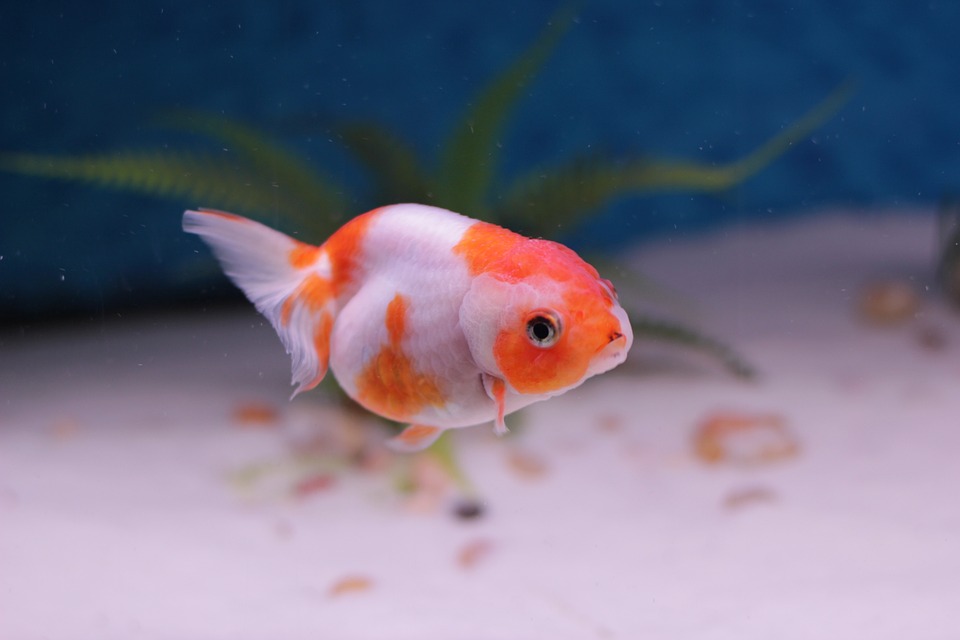Introduction: Why Vegetables are Important for Fish Health
Fish, like humans, require a balanced and nutritious diet to thrive. While many fish owners focus on providing their pets with high-quality fish pellets or live foods, incorporating vegetables into their diets is often overlooked. However, vegetables can play a crucial role in maintaining the health and well-being of fish.
1. Understanding the Nutritional Needs of Fish
Fish are omnivores, meaning they consume both plant and animal matter. While some fish species are primarily carnivorous or herbivorous, most have a diverse diet that includes both. Understanding the nutritional needs of fish is essential for ensuring optimal health and growth.
Essential nutrients for fish health include proteins, carbohydrates, fats, vitamins, and minerals. These nutrients support various bodily functions, including energy production, growth, and immune system function.
2. Incorporating Vegetables into Fish Tank Diets
Including vegetables in fish tank diets offers several advantages. Vegetables provide a source of essential nutrients, fiber, and antioxidants that can promote fish health and vitality. Some vegetables, such as spinach and kale, are rich in vitamins and minerals that can enhance the overall well-being of fish.
When choosing vegetables for fish tank diets, it is important to consider the specific dietary requirements of the fish species. Some vegetables, such as lettuce or zucchini, are suitable for most fish, while others may be more appropriate for specific species. It is also crucial to properly prepare the vegetables to ensure they are fish-friendly and easily digestible.
3. Health Benefits of Vegetables for Fish
Including vegetables in fish diets can offer several health benefits:
– Enhanced digestion and nutrient absorption: The fiber content in vegetables can help regulate the digestive system and improve nutrient absorption in fish.
– Promoting vibrant colors and overall appearance: Some vegetables, such as carrots or spirulina, contain pigments that can enhance the natural colors of fish, making them more vibrant and visually appealing.
– Boosting immune system and disease prevention: Vegetables are rich in antioxidants and vitamins that can strengthen the immune system of fish, making them more resistant to diseases and infections.
– Supporting optimal growth and development: The nutrients found in vegetables, such as proteins and vitamins, are essential for promoting healthy growth and development in fish, especially in young or breeding individuals.
4. Common Concerns and Misconceptions
There are often concerns and misconceptions surrounding vegetable-based diets for fish. Some common concerns include:
– Vegetable-based diets affecting carnivorous fish: While some fish species are primarily carnivorous, it is still possible to incorporate vegetables into their diets. However, it is important to ensure a balance between vegetable intake and other sources of protein to meet their specific nutritional needs.
– Balancing vegetable intake with other sources of protein: Fish owners should provide a combination of vegetable-based and protein-rich foods to ensure a well-rounded diet for their pets. This can include fish pellets or freeze-dried foods that contain animal matter.
– Potential challenges and how to overcome them: Some fish may be hesitant to consume vegetables initially. To overcome this, fish owners can gradually introduce vegetables into their diets and experiment with different types of vegetables to find what their pets prefer.
5. FAQs (Frequently Asked Questions)
Addressing common questions about including vegetables in fish tank diets:
– Q1: Can all fish species eat vegetables? While most fish species can benefit from including vegetables in their diets, it is important to research the specific dietary needs of your fish species to ensure compatibility.
– Q2: How often should vegetables be included in a fish’s diet? The frequency of vegetable feeding depends on the fish species and their dietary requirements. Some fish may benefit from daily vegetable intake, while others may only require it a few times a week.
– Q3: Are there any vegetables that should be avoided? Some vegetables, such as onions or garlic, should be avoided as they can be toxic to fish. It is important to research which vegetables are safe for your specific fish species.
– Q4: Can vegetables alone provide all necessary nutrients for fish? While vegetables offer a range of essential nutrients, they should be combined with other sources of protein and vitamins to ensure a balanced diet for fish.
– Q5: Is there a risk of overfeeding fish with vegetables? Like any food, overfeeding can be harmful to fish. It is important to monitor the amount of vegetables provided and adjust accordingly to avoid overfeeding.
Conclusion: The Role of Vegetables in Fish Tank Diets
By incorporating a variety of vegetables into your fish’s diet, you not only provide them with essential nutrients but also contribute to their overall health and well-being. Remember to consider the specific dietary needs of your fish species and consult with experts to ensure a balanced and nutritious diet for optimal fish health.









